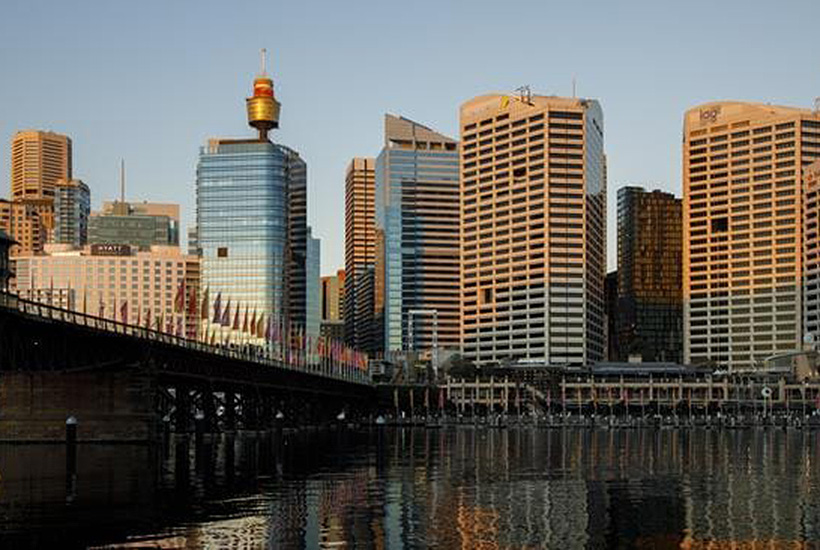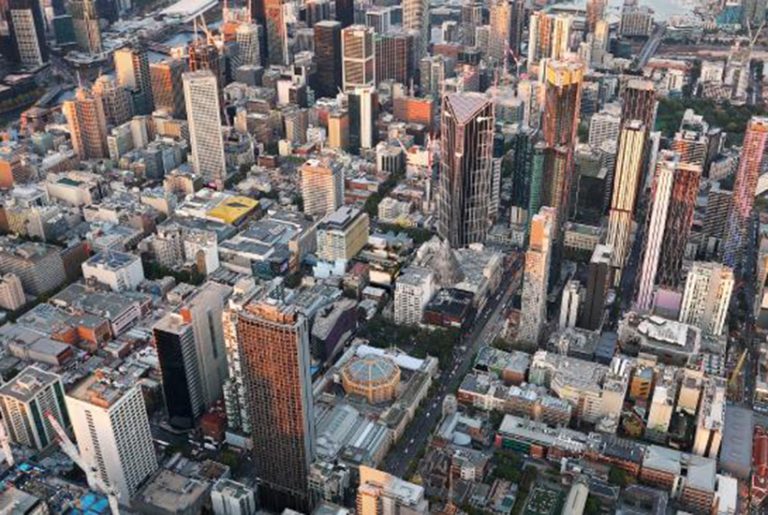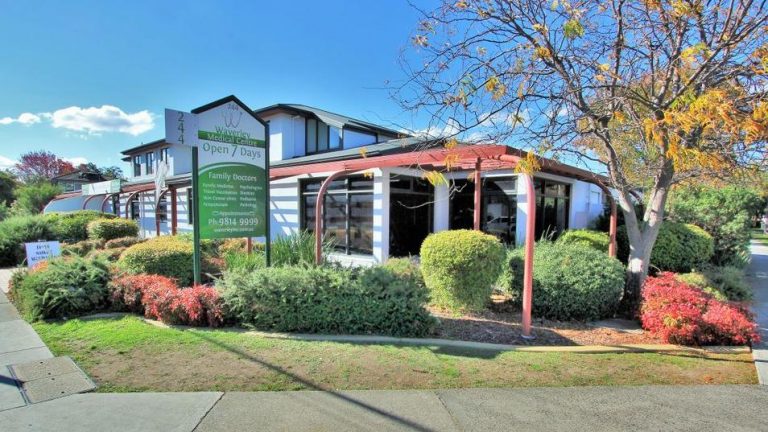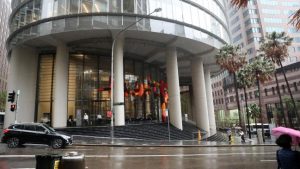Office tenants are stepping up requests for rental relief as the coronavirus crisis drags out across parts of the nation, with the Australian Unity Office Fund giving an insight into the tough conditions.
Melbourne landlords have been hit by lockdowns of their properties and expect tougher negotiations with tenants as more are looking to cut space while vacancy rates rise as new towers started during the boom are completed.
Major office tower owners have so far collected almost all rents that are due and have fared reasonably well in the coronavirus crisis, with limited writedowns across their portfolios.
The Australian Unity-run trust is one of the first to give an update for the most recent period, disclosing that about 11% of tenants by gross income had enquired about rental relief.
Landlords told The Australian they have been hit hard by such requests from small businesses and operators of cafes and car parks.
Rent collections for April to June averaged about 92% and the company says its portfolio has been revalued with an estimated reduction of about $34.6 million on book value.
READ MORE: Coronavirus Commercial Property News
The fund manager says it “continues to actively work with its tenants who are adversely impacted by COVID-19”.
“To date, tenants representing about 11% of the fund’s gross income have enquired about rental relief under the code. Rent collections across AOF’s portfolio have remained robust through the COVID-19 rent relief period, averaging 92 per cent of the invoiced amount from April to June,” the fund says in an update.
The property valuations are expected to result in a decrease in portfolio value of about $34.6 million, or 21c per unit. This equates to a hit of about 4.9% over the preceding book value immediately prior to the valuations.
This was slightly deeper than the revaluations of office portfolios undertaken by Dexus and GPT, which showed minimal movement on their mainly high-quality city towers.
Australian Unity says the decrease in valuations is principally driven by lower forecast growth rates, increased forecast incentives and increased downtime assumptions adopted by the valuers given current market uncertainty and the impact of the Morrison government’s tenancy code.
Rival groups point to premiere office towers weathering the coronavirus crisis storm with sales being struck at levels showing only slight shifts in values ahead of the pandemic hitting.
The Darren Steinberg-led property group Dexus recently sold a major tower in Sydney’s Clarence Street for $530 million to an Asian investor and its property valuations resulted in a total estimated decrease of about $195m, or 1.2 per cent on prior book values in the June half.
In May, Charter Hall said it had undertaken independent valuations on about half its assets under management across its $40bn business and office valuations fell by only 0.5 per cent.
This week, JLL Research gave a tough outlook for national office markets. Figures showed negative net absorption of 147,600sq m was recorded over the second quarter. The national CBD office market vacancy rate increased by 1.8 percentage points, from 8.4% to 10.2% in the June quarter.
Andrew Ballantyne, JLL’s head of research, Australia, called the past 12 weeks unprecedented for the Australian office sector.
Headcount reductions had so far been concentrated in the hospitality, retail, arts and recreation and construction sectors, but traditional office-using industry sectors had not been immune.
“Many organisations will struggle to find a pathway back to pre-crisis revenue levels, and this will have an impact on office sector demand,” Ballantyne says.
This article originally appeared on www.theaustralian.com.au/property.








